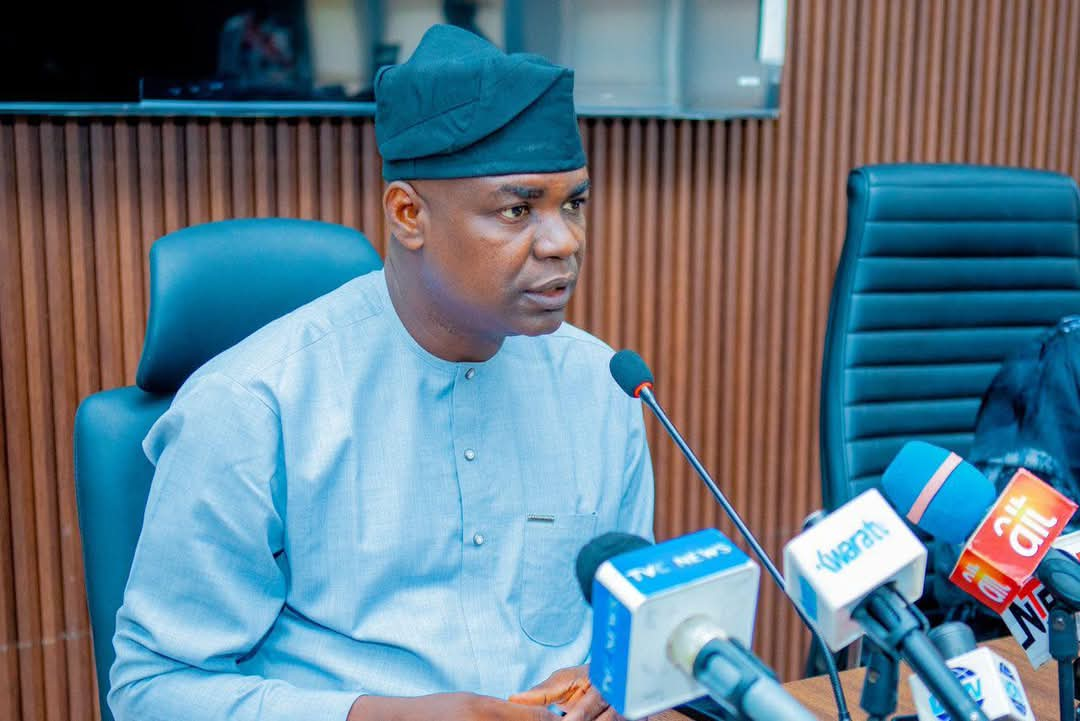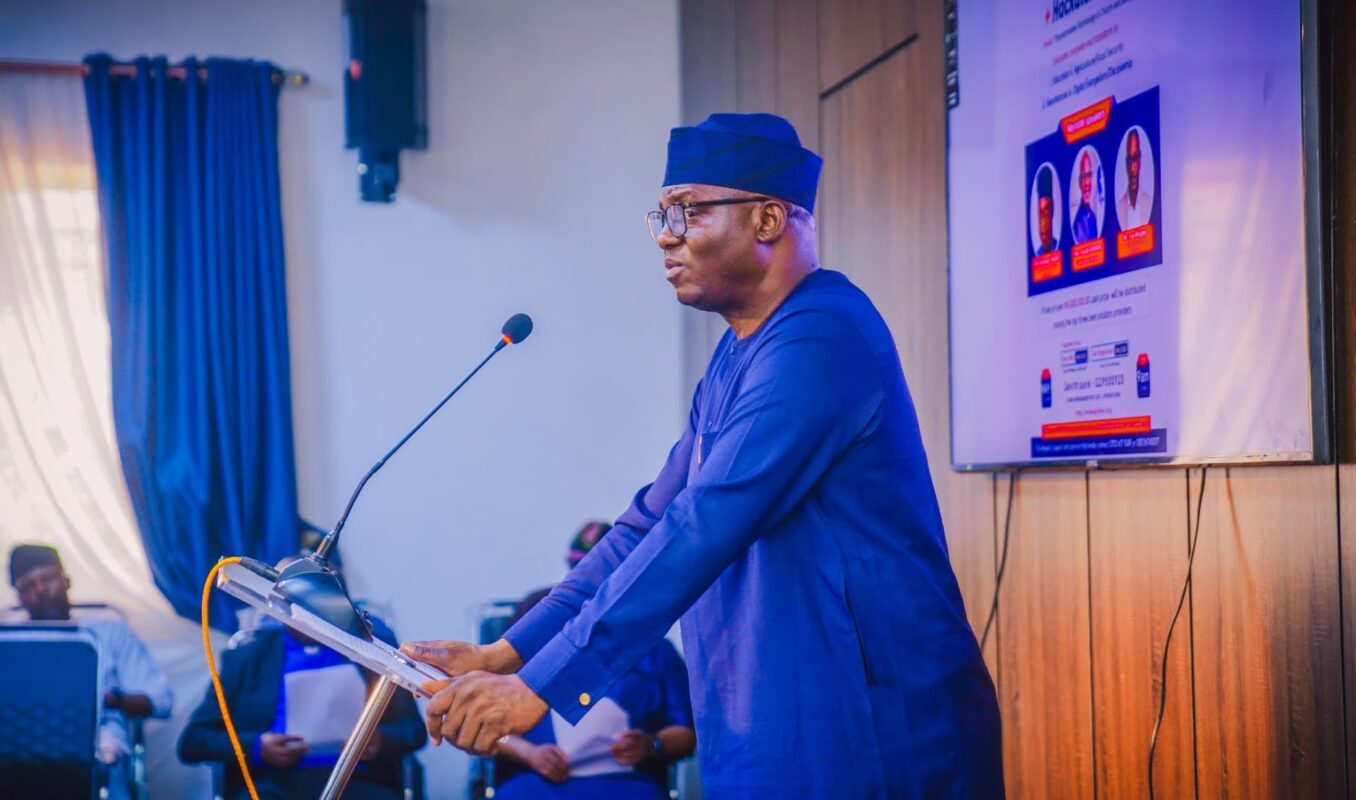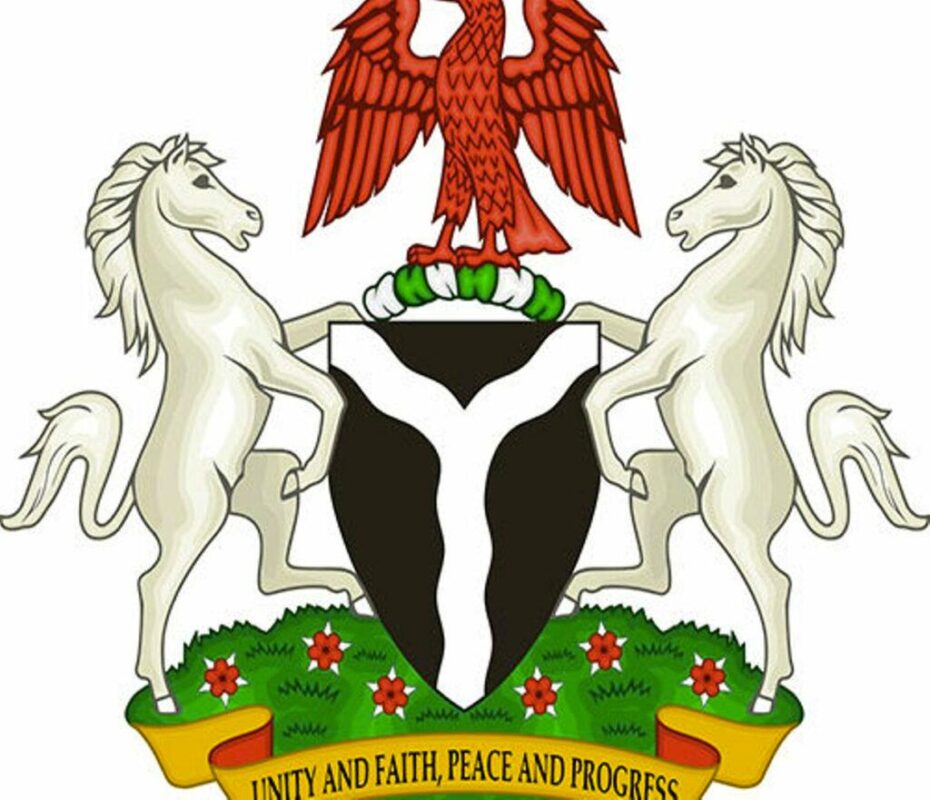KWASRRA Registration: Over 350,000 Residents Currently Captured: Acting GM
•Pensioners in diaspora to complete registration via Agency’s website
•KWASRRA registration now mandatory requirement for schools enrollment, exams in Kwara
Over 350,000 residents have been captured by the Kwara State Residents Registration Agency (KWASRRA) to secure lives and properties and plan for the economic development of residents based on accurate data.
The Acting General Manager of KWASRRA, Mr. Tajudeen Jimoh, disclosed this on Wednesday while giving the Agency’s stewardship at the Inter-ministerial Press Briefing for the 1st quarter of 2025, which was organized by the Kwara State Ministry of Communications, and held at the conference room of the Ministry of Finance.
He stated that as part of the mandates of the Agency, it has to ensure a credible and reliable database of all categories of Kwara State residents for adequate planning, economic development and social inclusion.
The General Manager of KWASRRA said it has the directive of Governor AbdulRahman AbdulRazaq to register every resident in the State and issue them the unique State Security Identification (SSID) numbers/cards.
He explained that the Agency is working with the Ministries of Education and Human Capital Development, Tertiary Education, Local Government, Chieftaincy Affairs and Community Development, among others, to ensure compliance to the directive and to mobilise citizens for the residents registration exercise.
“It is to the extent that parents, guardians, and students will be required to provide their unique SSID numbers in the process of registering for any exams. Students admitted to State-owned tertiary institutions will also be required to register as residents of the State going forward. People who want to access government services will also need their unique SSID numbers. For example, if a child wants to register for common entrance, JSS, SSCE, and others, their SSID numbers and that of their parents or guardians will be a requirement,” he said.
Mr. Jimoh highlighted the achievements of the Agency for the period under review to include:
•Increase in the numbers of Registration Centres across the sixteen local government areas from an average of 6 per local government to an average of 8, bringing the total number of registration centres from 96 to 113, all spread for wider coverage across the entire local government areas.
•Recruitment of additional 200 Adhoc staff.This brings the number of Adhoc staff members who are currently engaged by the Agency from 300 to 500 registration agents.
•Delivery and distribution of more SSID Cards to their owners across government MDAs still ongoing.
•Increase in the number of Kwarans that are fully registered to over 350,000 residents.
He noted that the Consultant on the residents registration project now has a permanent office in Ilorin, which has greatly improved the service delivery and prompt responses to complaints.
Mr Jimoh further revealed plans by the Agency to ensure that the self-onboarding functionality via the Agency’s website is expanded to include a ‘liveness check’ and ‘face match’ that would ensure the possibility of completing the entire registration processes online, without necessarily going for physical capturing. This is to specifically address discrepancies faced by pensioners who are in the diaspora or faraway to be able to complete their registration online without having to travel down for physical capturing.
“In addition to the online registration which has been on via the Agency’s website, effort has almost been concluded with the Consultant to ensure that those who are out of the country, or the State, especially pensioners are able to register and get the SSID numbers without having to travel down. This is going to be through ‘liveness check’ and ‘face match’, he explained.
Recall that the Agency had recently captured all government workers and pensioners in the pool, underscoring the progress of the efforts to build a credible database of residents of Kwara State. The government says the effort is important for security and economic planning, asking residents to support it for general wellbeing and data-driven planning.




